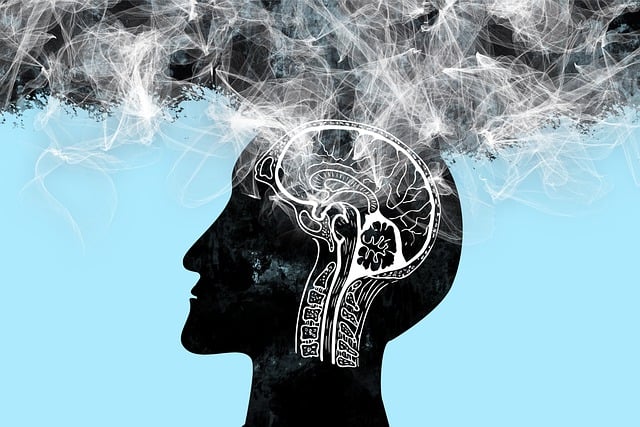Oregon's mental health legal system is a carefully constructed balance between public safety and individual freedoms, governed by robust statutes and regulations. This includes provisions for involuntary commitment, emergency detention, voluntary admission, access to care, privacy, and patient rights. Understanding these Oregon mental health laws is vital for both individuals seeking support and professionals providing services, ensuring effective navigation of the legal framework while upholding civil liberties and promoting recovery.
Oregon’s mental health legal process is a multifaceted system designed to balance individual rights with access to vital healthcare. This article delves into the intricate web of Oregon mental health laws, offering an in-depth overview and practical insights for all involved. From defining mental illness and outlining scope of application to exploring procedures for involuntary commitment and understanding the role of courts, we dissect key components shaping mental health legislation in Oregon. Additionally, we provide practical considerations for navigating these regulations, ensuring awareness of access points, challenges, and ongoing updates to Oregon’s mental health statutes.
- Oregon Mental Health Laws: Overview and Key Components
- – Definition of mental illness
- – Scope of application
Oregon Mental Health Laws: Overview and Key Components

Oregon has a comprehensive set of mental health laws in place to ensure support and protection for individuals dealing with mental illness. Understanding these regulations is crucial for both those seeking help and professionals in the field. The state’s mental health legal framework encompasses various statutes and guidelines that govern assessment, treatment, and rights within the mental health system.
Key components include provisions for involuntary commitment, emergency detention, and voluntary admission to mental health facilities. These laws balance the need for intervention with individual freedoms, ensuring due process and informed consent. Oregon mental health regulations also address access to care, privacy, and confidentiality, fostering a supportive environment for recovery and well-being.
– Definition of mental illness

Mental illness refers to a range of conditions that affect a person’s thinking, feeling, and behavior, impacting their ability to cope with life’s demands. It can include disorders such as depression, anxiety, bipolar disorder, schizophrenia, and many others. Understanding mental health legislation is crucial when navigating Oregon’s mental health legal process, which involves a comprehensive set of laws, regulations, and statutes designed to protect individuals with mental illnesses while ensuring their rights are respected.
Oregon’s mental health laws provide guidelines for evaluation, treatment, and care, offering a framework that balances public safety with the right to access appropriate healthcare. These laws cover various aspects, from involuntary commitment procedures to confidentiality standards and patient rights. By familiarizing themselves with these regulations, individuals and caregivers can effectively navigate the legal system, ensuring that those in need of mental health support receive the help they require while upholding their civil liberties.
– Scope of application

Oregon’s mental health legal process is governed by a comprehensive set of Oregon mental health laws and regulations that aim to provide support while ensuring individual rights. These mental health statutes offer a structured framework for understanding and navigating the complexities of mental health care within the state. The scope of application is vast, encompassing various aspects from commitment procedures to patient rights and treatment options.
Understanding mental health legislation in Oregon involves recognizing the delicate balance between public safety, individual autonomy, and access to quality care. Key components include provisions for involuntary commitment, emergency detention, and voluntary admission, all designed to offer appropriate interventions while upholding the legal rights of individuals facing mental health challenges. By familiarizing oneself with these laws, both professionals and affected persons can navigate Oregon’s mental health legal framework effectively.
